Why Poems Matter in Childhood – VP of Curriculum Dee McDonald
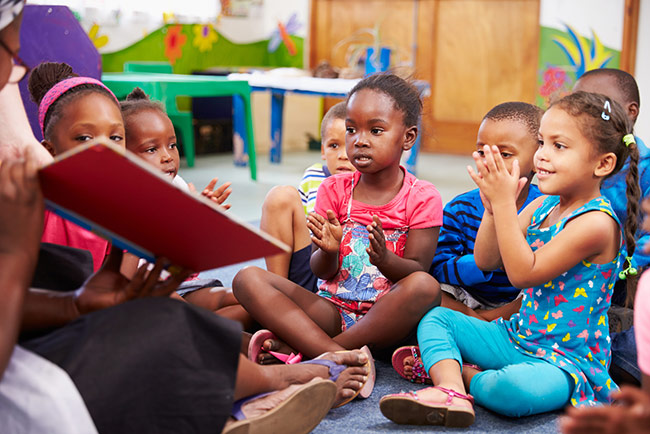
Poetry can build social and emotional learning, both in children and adults. Think about the poems you learned when you were a child.
Read more >
Poetry can build social and emotional learning, both in children and adults. Think about the poems you learned when you were a child.
Read more >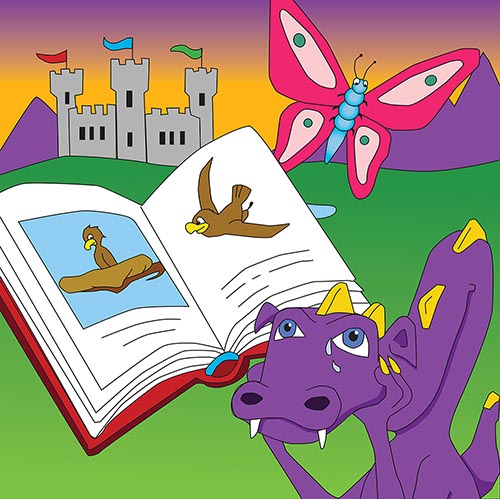
Fairy tales are much more than entertainment, in fact, they teach children how to think. By reading a young child stories about dragons, princesses and magic, a parent is actually nurturing the development of their growing brains.
Read more >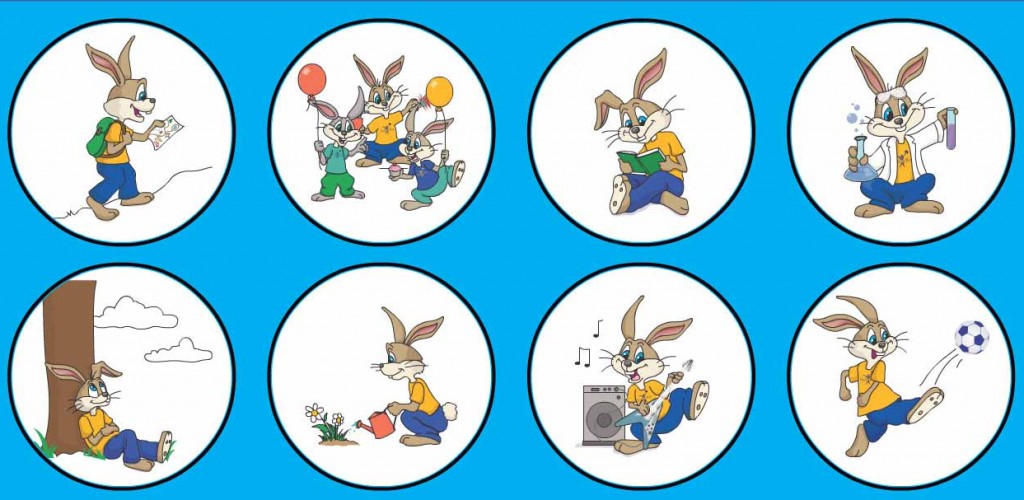
Improving communication skills in the workplace or your personal relationships is one of the most important and challenging endeavors you can undertake.
Read more >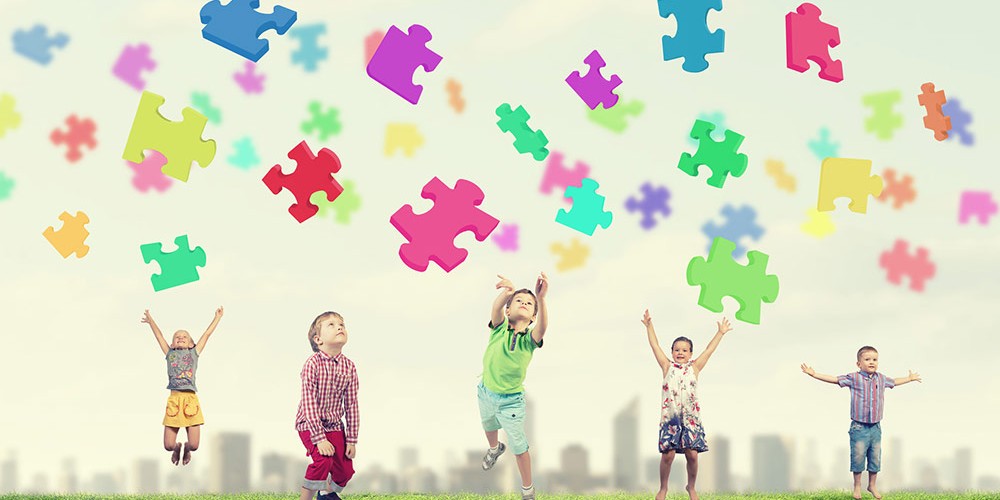
On January 29th, families around the world celebrate National Puzzle Day. Puzzles provide a fun challenge for our minds, from early childhood to adulthood.
Read more >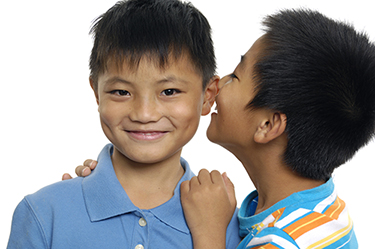
One of the key responsibilities for primary early education is developing the student as a whole. Many early childhood institutions focus on brain development because during the early years most brain connections are formed; which means stimulating those connections is essential.
Read more >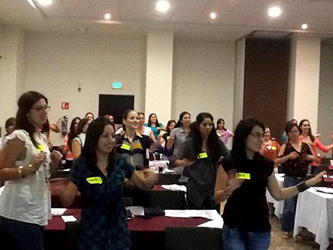
Last August, FasTracKids employees from the corporate office participated in Mexico’s Congreso de Maestros, a countrywide FasTracKids teacher workshop. FasTracKids was asked to create a presentation on how children can find a passion for learning and what to do about challenging behaviors in students.
Read more >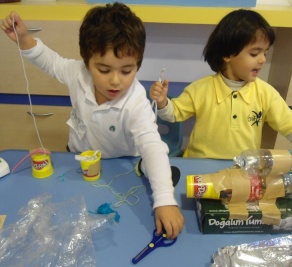
It is fascinating to watch a preschooler at play. Their energy, focus and imagination cannot be duplicated in the adult world. A four year old does not understand the courage it takes to create a work of art or produce a sculpture out of playdough; those fears and inhibitions only come with age. Sara Gable, a State Extension Specialist at The University of Missouri writes about the importance of encouraging creativity in children and ideas for promoting creativity in young children.
Read more >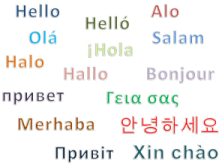
As our world has become more of a global economy, there are many things to learn outside of the local culture. One of the more important skill sets in understanding other cultures and communities is by learning their language.
Read more >
It’s difficult to believe that the school holidays will soon come to an end. Within weeks, children will return to the routine of school with a more rigid and controlled schedule. You still have time to enjoy the holidays, and the best way to do that is sharing a good book with your child. Reading over the school break enhances your child’s ability to reenter school without the typical learning loss and the need for extensive review of content covered prior to the holidays.
Read more >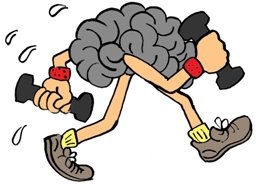
A recent article in Vim & Vigor magazine (Fall 2010) entitled “Train your Brain” discusses how you can “start building a better brain today, no matter what your age.” The steps to a healthier brain listed in the article are sorted into the following five categories: